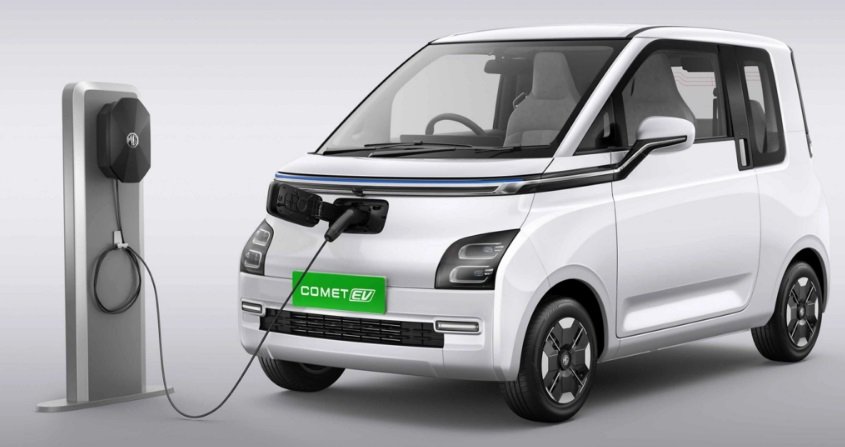In the rapidly evolving field of electric vehicles, detecting defects in batteries has emerged as the foremost application of AI. This technological advancement not only ensures the longevity and reliability of EV batteries but also enhances overall vehicle safety. AI’s ability to identify potential issues before they escalate into serious problems is a game-changer for manufacturers and consumers alike.
For now, AI’s primary role in the EV sector is focused on spotting defects within EV battery systems. Advanced algorithms analyze vast amounts of data from battery sensors, identifying anomalies that indicate defects. This proactive approach allows manufacturers to address issues during the production phase, reducing the likelihood of costly recalls and improving consumer confidence in electric vehicles.
However, the potential of AI in the EV battery domain extends beyond defect detection. Companies are increasingly exploring how AI can optimize battery performance. By analyzing data patterns and usage behaviors, AI systems could predict and enhance battery life, efficiency, and charging capabilities. This could lead to more robust batteries that offer longer driving ranges and shorter charging times, addressing two significant barriers to widespread EV adoption.
Companies integrating AI into EV battery technology
PDF Solutions: Utilizes AI to understand battery structures and speed up quality checks.
Monolith: Provides AI software to help racing engineers optimize and validate track test and simulation data.
Tata Motors: Invests in AI for EV technology, charging infrastructure, and EV battery development.
Mahindra Electric: Focuses on AI-driven innovations in electric vehicles.
Uber: Launches an AI assistant to help drivers transition to electric vehicles.
Moreover, the integration of AI in EV battery management systems holds promise for future advancements. AI-driven insights could enable real-time adjustments to battery operation, ensuring optimal performance under varying conditions. This dynamic approach would not only improve energy efficiency but also contribute to the development of smarter, more adaptive electric vehicles.
AI’s Broader Role in the Automobile Industry
Beyond EV battery, AI is transforming the broader automobile industry in multiple ways. One major area is autonomous driving. Companies like Tesla, Waymo, and Uber are leveraging AI to develop self-driving cars, utilizing complex algorithms and vast amounts of data to navigate and make decisions on the road. AI systems can process real-time data from sensors and cameras to recognize objects, predict movements, and ensure safe driving.
AI is also enhancing manufacturing processes. Car manufacturers such as BMW and Toyota are incorporating AI-driven robotics and machine learning algorithms to improve efficiency, accuracy, and quality control on production lines. This allows for faster and more precise assembly of vehicles, reducing errors and lowering production costs.
In customer service and maintenance, AI-powered systems are revolutionizing how car companies interact with customers. For example, chatbots and virtual assistants provide 24/7 support, answering queries and scheduling maintenance appointments. Predictive maintenance, driven by AI, uses data from sensors embedded in vehicles to predict potential issues before they become significant problems, minimizing downtime and repair costs.
Furthermore, AI is helping in optimizing supply chains and logistics. Companies like Ford and General Motors are utilizing AI to forecast demand, manage inventory, and streamline the distribution of parts and vehicles. This leads to more efficient operations and better response times to market demands.
AI’s application in detecting EV battery defects underscores its transformative potential in the automotive industry. While current efforts focus on ensuring battery reliability and safety, the future holds exciting possibilities for AI-enhanced performance and efficiency, driving the next generation of electric vehicles. As AI continues to integrate into various aspects of the automobile industry, it promises to usher in a new era of innovation, safety, and efficiency.
Naorem Mohen is the Editor of Signpost News. Explore his views and opinion on X: @laimacha.

